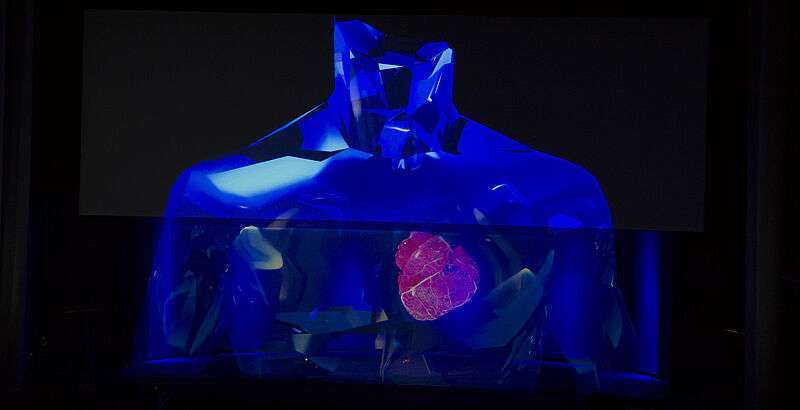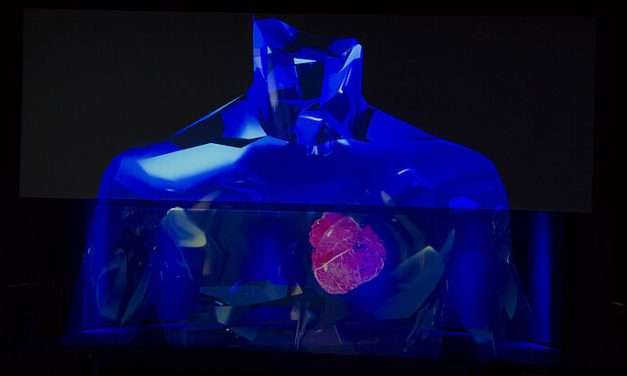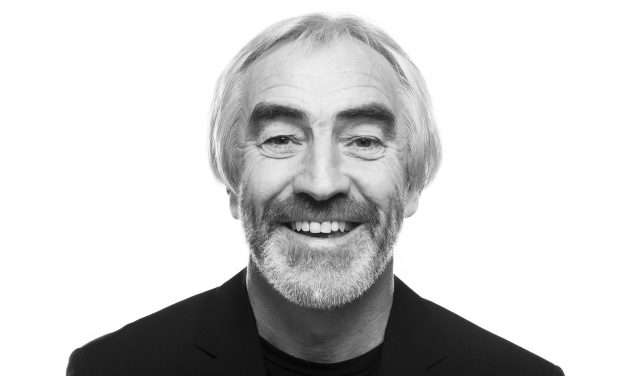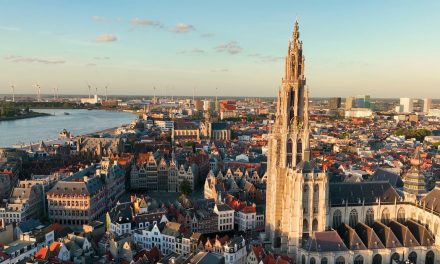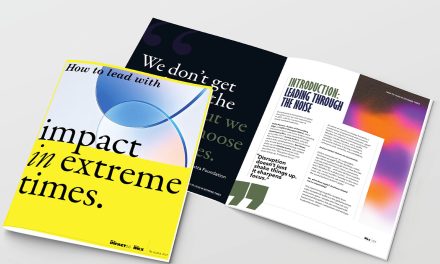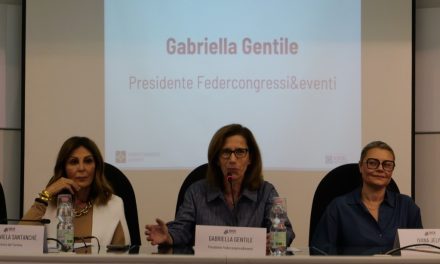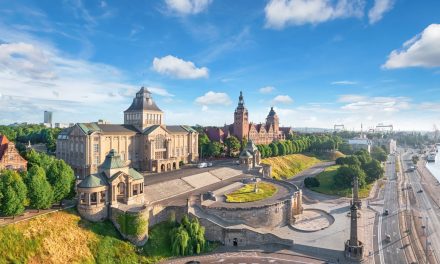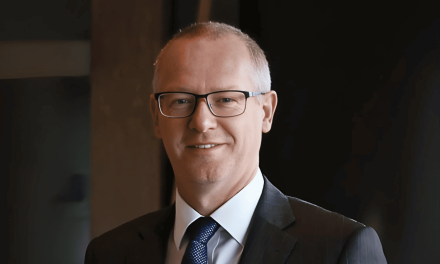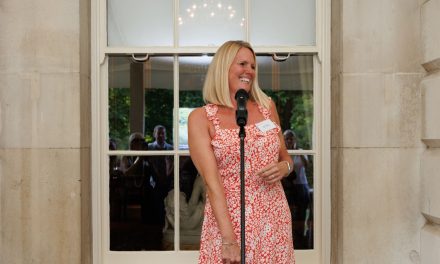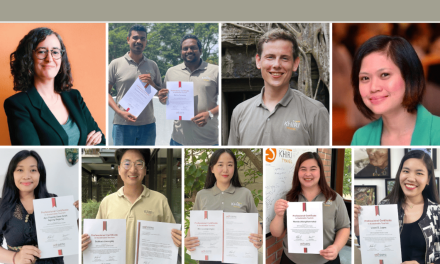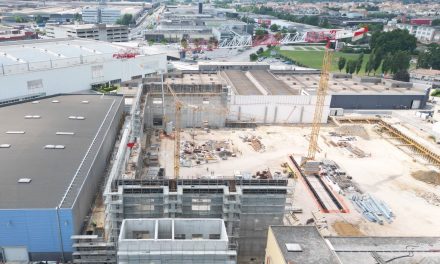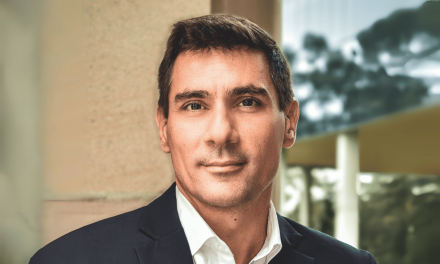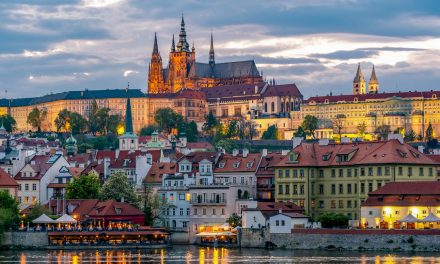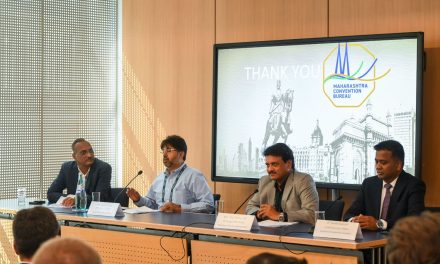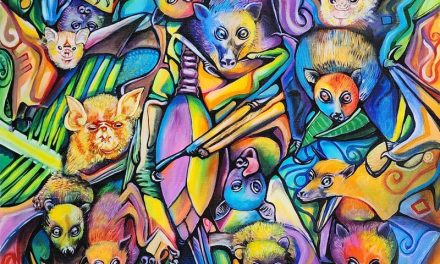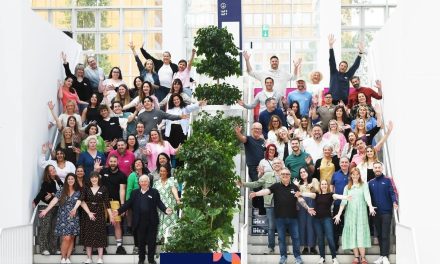Pioneers. “Being on the mission to Mars is the best job in the world,” says Tiago Loureiro, his dark eyes shining. The Portuguese is the ExoMars 2020 Rover and Surface Platform Spacecraft Operations Manager at the European Space Agency (ESA) in Darmstadt. His job is to develop the rover and ground station and successfully land and activate them on Mars after a six-month flight.
He reported on his work to a rapt audience of 180 aviation and space experts at the 2018 Bodensee Aerospace Meeting Zürich in March. “My job involves technical competencies, but also a lot of interaction with people,” explains Loureiro. “Soft skills are thus even more important nowadays to manage this complexity, and to work with all the teams from different countries to move forward towards our goal”.
With their objectives firmly in mind and the desire to create something lasting, even if that means pushing the boundaries, people with a mission drive the development of entire industries. People like Patrick Delaney, who co-founded SoolNua (Gaelic for “new perspectives”) with his best friend Pádraic Gilligan, claims he has been knocking around in the industry since God was a boy.
“Throughout my ‘career’ I’ve always been on a mission, that stems from who I am, deep down, when the public ‘Patrick’ face comes off and it’s just me, my immediate family, my close friends,” he says, emphasising: “My mission is about building connections, finding the core humanity, linking to it and trying to channel the goodness and decency that’s often evident, but sometimes latent, in each person. It is about forging links, building community, unifying people”.
An understanding of human nature is needed to build teams. Teams that make a convention centre successful, for example. “Our expectation was that International Convention Centre Sydney would operate as a world-class venue from the day we first opened in December 2016,” recalls ICC CEO Geoff Donaghy. “This could not be achieved without a world-class team. So we prioritised defining and establishing our cultural platform and then recruiting the right people.”
45,000 applications for 1,700 jobs were filtered based on three core competencies: “always being curious and action and customer oriented”. Donaghy: “Our vision is to establish an extraordinary venue, operated by an extraordinary team, delivering extraordinary events”.
It’s a vision shared by Dr Susanne Baumann-Söllner of the Austria Center Vienna. “In the five years I have been managing director, we have fought to realise our vision as a team – and by 2022 we’ll be there,” says Baumann-Söllner.
She recently presented the new plans for the modernisation of the venue at a cost of 33 m euros, the centrepiece of which is the Donau Segel (“Danube sail”), which offers an additional 4,200 sqm of space. “We believe we will continue to make a key contribution towards Vienna remaining a premium convention host. We are really getting going now!”
“Bringing people together, providing not just the hardware but the software as well – I see that as the essential mission,” emphasises Michel Maugé. “Go your own way, constantly in line with customers’ needs, and think not of today but tomorrow,” he urges. “Only through great work, the power of persuasion and the courage to fail can you win people over.”
Maugé can look back on a successful career, but he still puts heart and soul into his consulting work. He realised early on that, “Trade fair- and congress centres alone would no longer be enough, given the acceleration in the growth of knowledge and the imperative to keep learning.” So he invested in “his” Rosengarten in Mannheim, in extensions and upgrades, in technology and in providing a full consulting service with the in-house PCO m:con. He also founded the Internationale Event- und Congress Akademie (IECA).
Knowledge is just as central to Prof Stefan Luppold, Director of Studies of the Business Degree in Trade Fair, Convention and Event Management at DHBW Ravensburg: “Applied research to develop or test new things complements what I see as my mission. It is about helping young people to acquire the basics and methods with which they can solve problems in their professional context.” It is also important to Prof Luppold to provide access to knowledge through specialist literature.
Digitalisation, sustainability, transformation – it isn’t difficult to find people in the meeting industry who pursue their vision with passion. Christian Ortlepp, the director of Düsseldorf Convention since August 2017, says, “Above all, it’s about building something. I love change, when things are in a state of flux. And there is plenty of that here.”
Werner Schiffer notes how event digitalisation leads to more intensive use of innovative communication channels. “This can only be handled by means of central data management with coordinated services.” A consultant at Fastlane, Schiffer helps planners with participant management and keeps a watchful eye on interfaces, the European General Data Protection Regulation and digital opportunities.
SITE President Annamaria Ruffini and Green Globe CEO Guido Bauer share a passion for nature and sustainability: “From the outset I personally believed in the power of sustainability to bring change for the better. I directly invested in this belief. Green Globe is now a privately owned company that provides its services on a professional basis.” Annamaria Ruffini, owner of DMC and Incentive House In & Out Rome, says: “Incentives are related to life, experience and education. It’s a reward for being good.” Ruffini’s mission is crystal clear: “Do it the right way, respecting people and nature.”
ESA Spacecraft Operations Manager Tiago Loureiro also has a clear focus on his mission and his goal: “When we land on Mars on March 19th 2021, ten days later we hand over control of the rover and platform to the respective control centres for their scientific missions. Then my job will be done, and I can say ‘mission complete’”.

